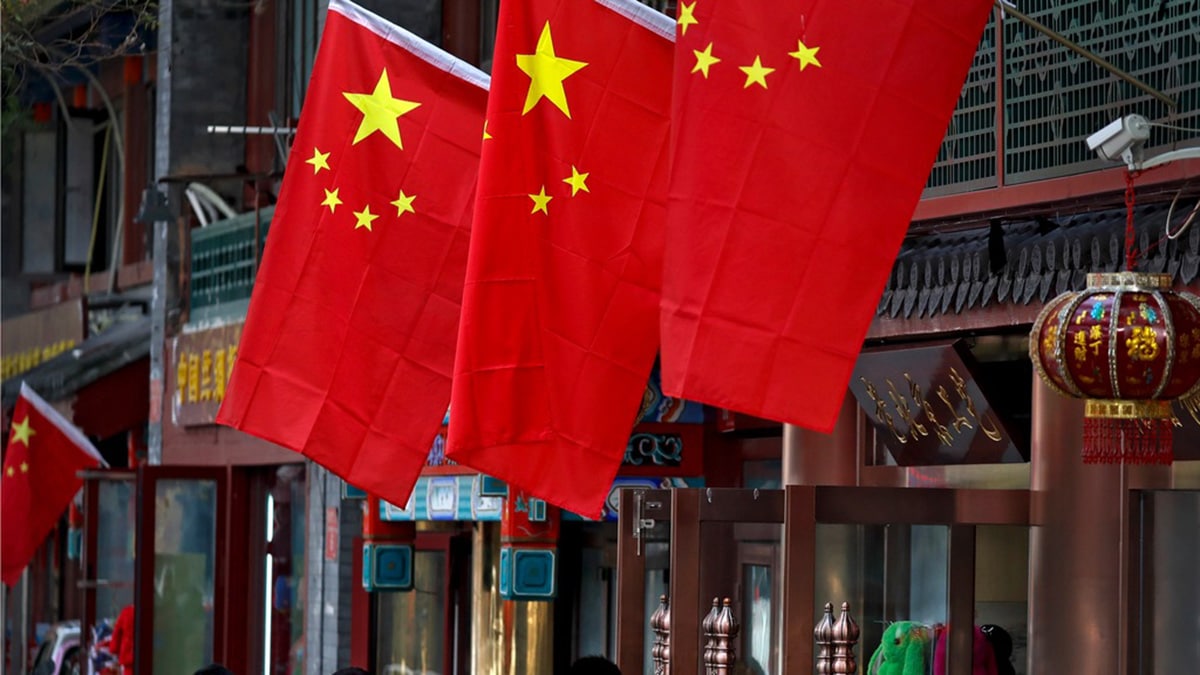
The Chinese newspapers, such as the Global Times , China Daily , People’s Daily , and news agencies like Xinhua are full of stories about the Xiangshan Forum held in Beijing during September 12-14 this year. But the major Western media neither reported the proceedings of this forum organised annually by China in great detail nor published opinion pieces on its outcome. Same goes with the Indian media, which always keeps an eye on what China does or over-does in various parts of the world.
What could be the reasons behind major media houses literally ignoring a major annual event, such as the Xiangshan Forum? Beijing organises this forum apparently to compete with the famous Shangri-La Dialogue, an annual defence meeting attended by defence ministers and academics, among others, held in Singapore and organised by the London-based International Institute of Strategic Studies (IISS). It is partly an effort by Beijing to promote the Chinese version of world affairs. It is noteworthy that IISS is a think tank and China is a country.

The kind of coverage the Shangri-La Dialogue gets in the international media and the indirect influence this annual event has in agenda setting are surely China’s envy. When the Chinese military muscle flexing, aggressive behaviour, and assertive moves to claim Chinese sovereignty over disputed regions in the oceans and on land came for severe criticism in Shangri-La meets, the Chinese government decided to run a parallel event on defence and security issues in Beijing. Four years after the Shangri-La Dialogue commenced in 2002, the Xiangshan Forum was first organised.
In the 2024 Xiangshan Forum, the US Defence Secretary did not attend, and Washington sent a lower-level officer to represent the US. The Indian defence minister did not respond to the invitation from Beijing. This forum was organised after a few months of Shangri-La Dialogue and failed to generate any enthusiasm among the defence and foreign policy analysts and academics.
Normally, the Xiangshan Forum, organised during a difficult international security scenario, should have drawn widespread interest. The ongoing wars in Europe and West Asia that have impacted food security, supply chain, and trade disruptions and created energy insecurity perhaps were responsible for the lacklustre outcome of the Xiangshan Forum. China and Russia hit out against the West during the Forum and it was not new.
Chinese President Xi Jinping sent a message that was very general in nature and idealistic in content, and the Chinese Defence Minister made a speech that hardly contained any new initiative or peace proposal. About 1,800 participants from 100 countries were present in the forum to hold discussions and dialogues, but none could or expected to say things that would be considered critical of China, especially its threatening military activities in the Taiwan Strait and unlawful claims of sovereignty over the islands and waters of the South China Sea. China was expected to project itself as a global player to promote peace and resolve conflicts, and the Chinese Defence Minister did that.
China sought to champion the cause of the developing world and called for unity among them, nudging them to have robust defence ties with China. It sought to project itself as a leader of the Global South in not-so-hidden competition with India that has emerged as the ‘Voice of the Global South’. Ministers and other representatives from South and Southeast Asia had all praise for China’s diplomacy, and none had anything to say about China’s “Wolf Warrior” diplomacy.
Form all these developments, it is no brainer that the international media, including the Indian media, did not find much meat in either reporting extensively or analysing the proceedings and discussions in the Xiangshan Forum. What is ironic is the fact that IISS, a think tank, manages the Shangri-La Dialogue that comes under the global spotlight every year, and the Chinese Government-sponsored Xiangshan Forum event pales in comparison if one would care to examine the outcomes. There is no doubt that China aspires to become a world leader, a hegemon in the Indo-Pacific, and a competitor to the United States to get recognition as a superpower.
China has staged a miracle in economic growth; it is well advanced in the technology sector; it is the principal trade partner of myriad countries, and its gray zone naval activities in the South and East China Seas continue with little practical counter from major powers. Yet, China has failed in acquiring enough soft power to befriend the world, project itself as a peaceful country, and make itself trustworthy as a reliable actor that can contribute to international peace. The theme of the Xiangshan Forum was “Promoting Peace for a Shared Future”.
The participants in the forum lauded the Chinese proposal for the “Global Security Initiative”, but Beijing’s behaviour in its own neighbourhood reflects how genuine and serious the GSI is. Until China walks the talk, its peace proposals will remain inconsequential. The author is founder chairperson, Kalinga Institute of Indo-Pacific Studies, and formerly professor at JNU.
Views expressed in the above piece are personal and solely those of the author. They do not necessarily reflect Firstpost’s views..














